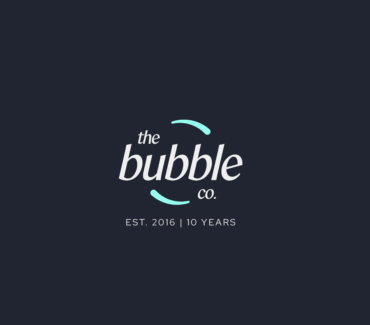Words by: Belinda Connolly
If you’re using AI tools just for content creation, you’re missing a massive opportunity. AI has almost limitless applications in digital marketing including SEO, task automation and debugging code – and new tools are coming to market at a rate never seen before.
Digital marketing guru Neil Patelrecently hosted a webinarwhere he and other experts discussed the future of AI tools in digital marketing. We’ve distilled his thoughts into the following takeaways. Read on to see how AI can help you achieve fast and meaningful digital marketing results, with three tips to elevate your marketing strategy using the tech.
AI tools: early days = lessons learnt
AI tools currently face optimism and scepticism in equal measure. Most AI tools are in very early stages of development and will require refining over the coming months and years. As they improve they will be used by more companies to complete time-consuming tasks.
While ChatGPT has gained the lion’s share of attention it is worth remembering that the biggest players in any digital space aren’t usually the first – after all, Google certainly wasn’t the first search engine and Facebook wasn’t the first social media platform. Often companies will watch others go first, learn from their mistakes, then ensure they don’t make the same mistakes when they launch.
Microsoft is coming to the AI party with the new Bing, its take on ChatGPT. The main point of difference? Bing will be able to tell you where the info you’re seeing is coming from, making it a new search experience. Microsoft had more than one million people join the waitlist for Bing in its first 48 hours of launch, proving the appetite for more refined AI tools is unsatiable. The company is also planning to roll out an AI integration for Word, PowerPoint and Outlook, known as Microsoft 365 Copilot. Not to be outdone, Alphabet have built an “experimental, conversational AI service,” known as Bard. The tech famously cost Alphabet $100B in market capitalisation overnight after a demo of Bard included a wrong answer to a question, but this incident is a prime example of how early days this tech actually is.
The death of the SEO expert?
As the experts in the webinar mused, SEO strategies are built around keywords, backlinks and creating useful content. If a chatbot can answer your questions, what happens to SEO? Answer: The value of organic traffic is going to be greater.
Forget the ‘does Google hate AI-created content?’ debate. To quote Patel: “Google doesn’t want crap content – they don’t care if it’s written by AI or human, they don’t want it to rank.”
It is important to bear in mind Google’s magic phrase: EEAT (experience, expertise, authoritativeness, trust) when creating content. If your content meets these criteria and can clearly be part of the answer people are looking for, Google will reward accordingly.
In fact, as Patel points out, your content can be part of the answer. Creating and sharing knowledgeable, first-hand content shows your expertise. To that end, be aware that quality still matters. Just because ChatGPT can create content, doesn’t mean it will rank well. SEO experts and content writers are still needed to refine and optimise anything produced by AI.
Keyword research made easy
So where is all the information that is being churned out by AI content creation tools coming from?
Around 3 billion searches are made on Google every day, and 20 per cent of these are brand-new searches that have never been seen before.
Developing a new experience to generate content starts with a keyword phrase that you can find by using prompts on the likes of AnswerThePublicor Ubersuggest.So, if different tools give different answers, who is right? According to Patel’s team, as Google increases its use of AI it will try to adopt the NORA (‘no one right answer’) principle. This response will hopefully eliminate bias.
3 ways AI can help your strategy
- Multiply your customer connections: AI-powered audience solutions can leverage first-party data to find highly valuable customers and new areas of demand more efficiently than humans.
- Multiply your expertise:AI solutions like Enhanced Conversions and GA4 can help create a more accurate picture of your results and provide deeper insight and better reporting. For example, AI can help you make decisions regarding time-consuming tasks like creating lookalike audiences.
- Multiply your results: AI tools like Smart Bidding can help reach your customers more effectively and increase ROI with quicker, more thorough reporting. AI tools can start the writing process and humans can finesse the results.




